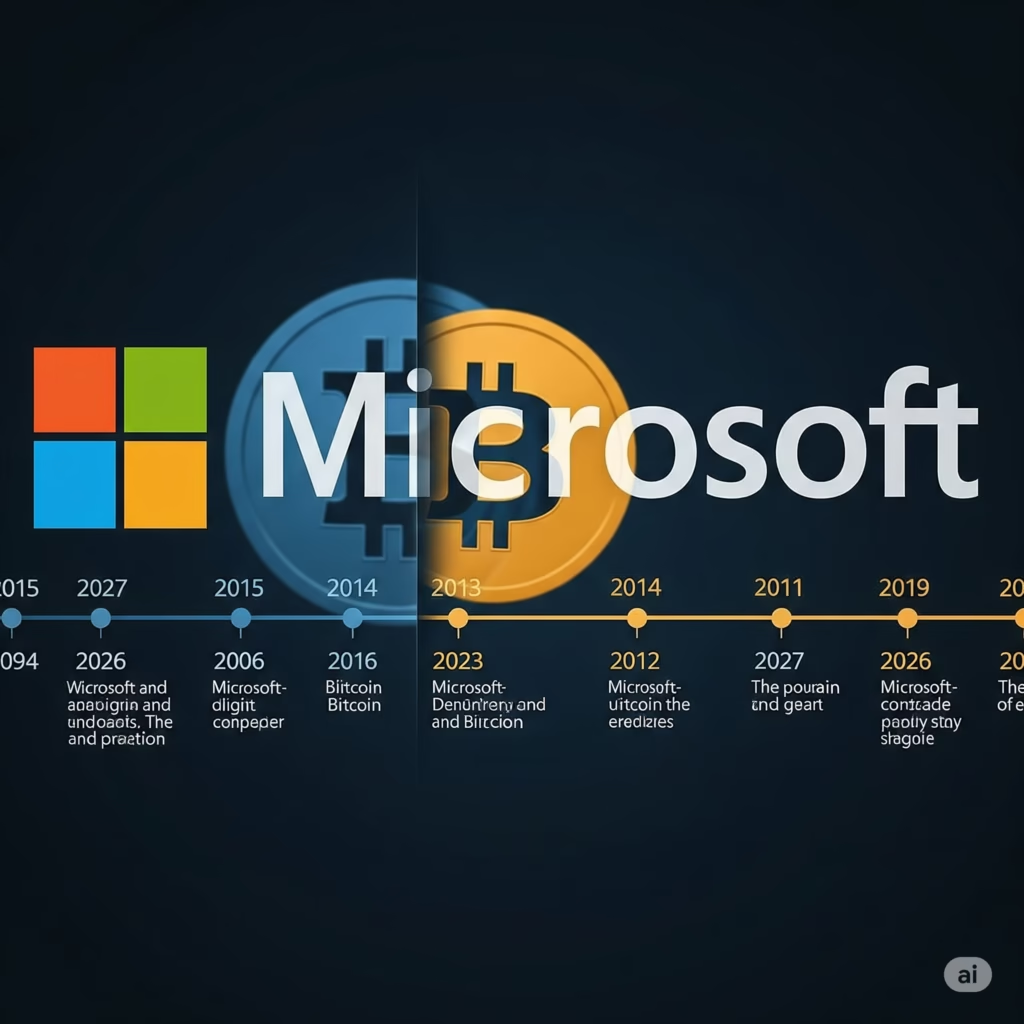“Explore The Bitcoin Journey to Wall Street titans like Jamie Dimon and Larry Fink shifted their views on Bitcoin, recognizing its transformative potential in the financial world.”
- Early Dismissals of the Bitcoin journey
- Key Figures Who Changed Their Views
- Why the Shift?
- Impact on the Financial Landscape
- What are the implications of Wall Street’s shifting stance on Bitcoin for the broader financial market?
- In what ways might regulatory changes influence the acceptance of Bitcoin among traditional financial institutions?
- Conclusion
Early Dismissals of the Bitcoin journey
Initially, Bitcoin faced heavy criticism from traditional finance. Jamie Dimon of JPMorgan famously called it a “fraud,” while Warren Buffett likened it to “rat poison squared.” These statements reflected a broader skepticism in institutional circles.However, the cryptocurrency’s resilience, decentralized nature, and evolving use cases have prompted a gradual reassessment.
Key Figures Who Changed Their Views

Jamie Dimon (JPMorgan Chase)
Then: Called Bitcoin “worthless” in 2017.
Now: Although Dimon still critiques Bitcoin, JPMorgan has embraced blockchain technology and offers services related to digital assets.
Larry Fink (BlackRock)
Then: Questioned Bitcoin’s legitimacy.
Now: BlackRock is actively exploring Bitcoin ETFs, emphasizing its potential as a digital store of value.
Ray Dalio (Bridgewater Associates)
Then: Skeptical about cryptocurrencies’ reliability.
Now: Dalio sees Bitcoin as “gold’s digital counterpart” and a hedge against inflation.
Stanley Druckenmiller
Then: Ignored Bitcoin’s potential.
Now: Acknowledges its role as a store of value, especially in a world of declining fiat currency confidence.
Paul Tudor Jones
Then: Avoided cryptocurrency investments.
Now: Invested in Bitcoin, calling it a hedge against monetary inflation.
Why the Shift?
Institutional Adoption: Companies like PayPal and Tesla integrated Bitcoin into their ecosystems.
Regulatory Developments: Increased clarity in U.S. and global regulations bolstered investor confidence.
Digital Gold Narrative: Bitcoin’s fixed supply and decentralized structure positioned it as a hedge against inflation.
Impact on the Financial Landscape
Wall Street’s acceptance of Bitcoin signals its maturation. With institutional players entering the market, Bitcoin’s perceived legitimacy grows, bridging the gap between traditional finance and the crypto world.
Learn how to invest in bitcoin
What are the implications of Wall Street’s shifting stance on Bitcoin for the broader financial market?
Increased Legitimacy: Institutional support from major players like JPMorgan and BlackRock enhances Bitcoin’s credibility, encouraging broader adoption among traditional investors.
Market Expansion: Integration of Bitcoin into portfolios could lead to increased liquidity and higher participation from retail and institutional investors.
Innovation in Financial Products: The rise of Bitcoin ETFs and blockchain-based systems may reshape traditional banking and investment services.
Regulatory Focus: As Bitcoin gains traction, regulators might implement clearer frameworks, affecting its adoption globally.
In what ways might regulatory changes influence the acceptance of Bitcoin among traditional financial institutions?
Regulatory changes play a pivotal role in shaping the acceptance of Bitcoin among traditional financial institutions in the following ways:
1. Legal Clarity: Clearer guidelines reduce risks and uncertainties, encouraging institutions to engage with Bitcoin.
2. Market Confidence: Regulatory approval, such as for Bitcoin ETFs, boosts investor trust and drives adoption.
3. Institutional Participation: Legal frameworks allow banks and firms to offer Bitcoin-related services without fear of penalties.
4. Risk Management: Rules for anti-money laundering (AML) and Know Your Customer (KYC) practices make Bitcoin transactions safer and more transparent, aligning with institutional standards.
What role does Bitcoin play as a hedge against economic instability, according to investors like Ray Dalio?
Bitcoin serves as a hedge against economic instability by acting as a “digital gold” with its limited supply and decentralized nature.
According to investors like Ray Dalio, Bitcoin provides a safeguard against inflation and currency devaluation, especially during periods of excessive money printing or economic uncertainty.
Its independence from traditional financial systems makes it an attractive asset for diversifying portfolios and mitigating risks linked to fiat currencies or traditional markets. This appeal grows as global economic challenges persist.
Conclusion
Bitcoin’s journey from skepticism to partial acceptance highlights its growing influence. As more institutions integrate cryptocurrency into their frameworks, Bitcoin’s role in reshaping finance becomes undeniable.



